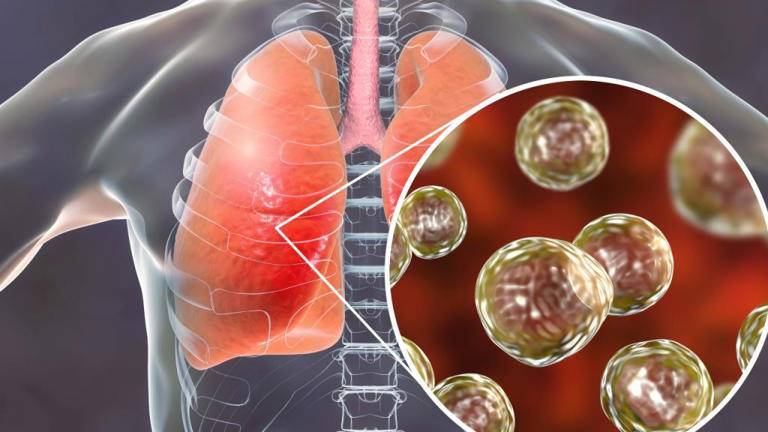A recent outbreak of a potentially fatal fungal infection has raised alarm among healthcare professionals and the general public. The infection, known as "invasive candidiasis," is caused by the Candida fungus and can affect various organs in the body, leading to severe illness and even death if left untreated
One of the most common symptoms of invasive candidiasis is fever, which may be persistent and unresponsive to typical antipyretic medications. Patients may also experience chills and rigors, with sudden and intense shivering episodes. Another hallmark symptom is hypotension, or low blood pressure, which can lead to dizziness, fainting, and shock in severe cases.
Invasive candidiasis can also affect the respiratory system, leading to symptoms such as coughing, difficulty breathing, and chest pain. Patients may develop a productive cough with sputum that may be tinged with blood. Additionally, they may complain of pleuritic chest pain, which worsens with deep breaths or coughing.
Gastrointestinal symptoms can also be present in invasive candidiasis. Patients may experience abdominal pain, nausea, vomiting, and diarrhea. The abdominal pain may be diffuse or localized to a specific area, and it may be associated with bloating and discomfort. In severe cases, gastrointestinal bleeding may occur, leading to melena (dark, tarry stools) or hematochezia (bright red blood in stools).
Skin manifestations can also be seen in invasive candidiasis. Patients may develop a rash, which can be red, raised, and itchy. The rash may spread to different parts of the body and have a characteristic appearance with satellite lesions surrounding the main rash. The skin may also become warm, tender, and swollen in the affected area.
Neurological symptoms can occur in some cases of invasive candidiasis. Patients may present with altered mental status, confusion, or disorientation. They may have difficulty concentrating, speaking, or moving. In severe cases, seizures, focal neurological deficits, or coma may develop.
It is important to note that the symptoms of invasive candidiasis can vary depending on the organ affected and the severity of the infection. Some patients may have mild symptoms, while others may rapidly deteriorate and develop life-threatening complications. If you are experiencing any of the above symptoms or suspect that you may have invasive candidiasis, it is crucial to seek medical attention promptly for a proper diagnosis and treatment.



No comments yet
Be the first to share your thoughts!